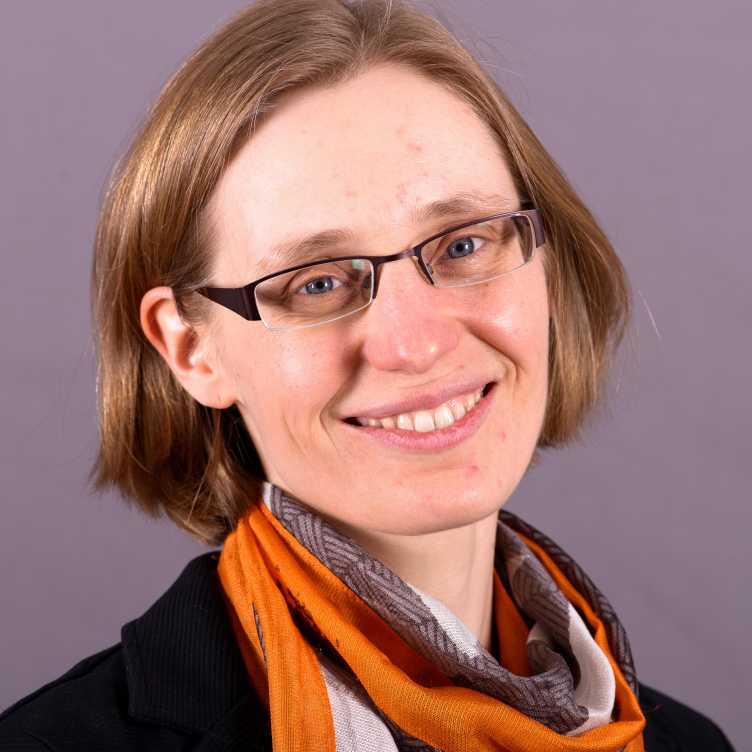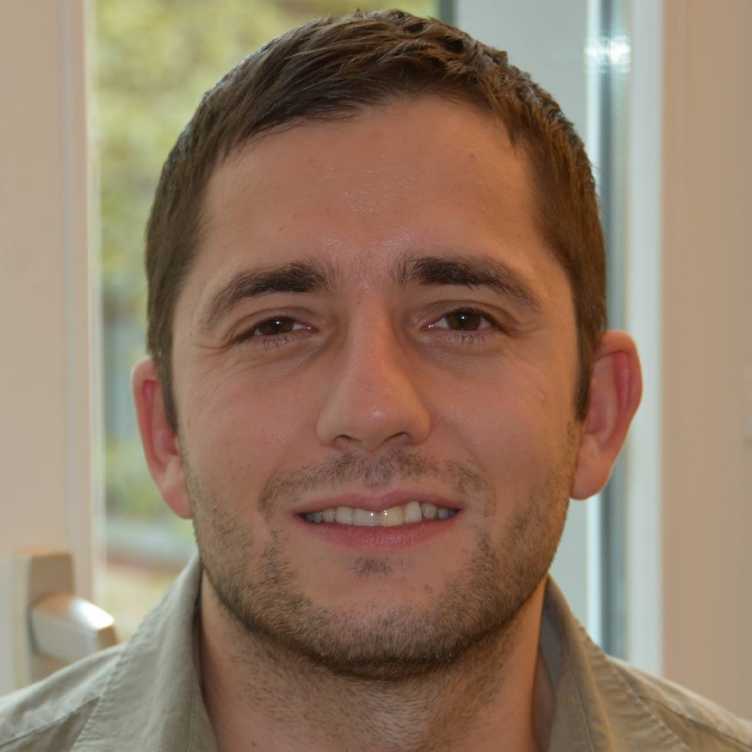ETH researchers honoured
Last week, the European Research Council (ERC) announced the winners of the Consolidator Grants for talented young researchers. Petra Dittrich, a researcher at ETH, is one of those to receive the much-coveted funding. Martin Vechev was also awarded an ERC Starting Grant.

ETH professor Petra Dittrich uses lab-on-a-chip technology to develop miniaturized analysis systems for application in biology and chemistry. She would like to develop this technology further in her ERC project, utilising it as a basis for the production of simple artificial cells with similar functionalities to living cells. The first step will involve creating standardised cells with a fixed composition from a variety of synthetic components. They will serve as model systems for biological research, for example to closely examine the function of cell membranes. As part of the project, Dittrich is also attempting to develop hybrid cells comprised of natural and synthetic components; these cells could someday be used as biosensors in lab-on-chip analytics, or to produce proteins and other biomolecules.
Latecomer for Starting Grants
In December of last year, ETH News announced that seven ETH researchers had successfully applied for an ERC Starting Grant. Now, yet another young scientist at ETH Zurich will enjoy EU funding: Martin Vechev is also entitled to an ERC Starting Grant.

Martin Vechev, Assistant Professor in the Department of Computer Science, is developing new methods to help make software more reliable, secure and efficient. Computer programs and the tasks they perform are becoming more sophisticated and complex, pushing current methods to their limits. In his ERC project, Vechev is hoping to go beyond these limits by leveraging giant open source software databases known as “Big Code”. The aim is to develop machine learning methods to semantically filter the information in the databases and, ultimately, to statistically analyse it. The findings could help develop new programming methods, perhaps even some which will allow certain parts of programming to become automated.